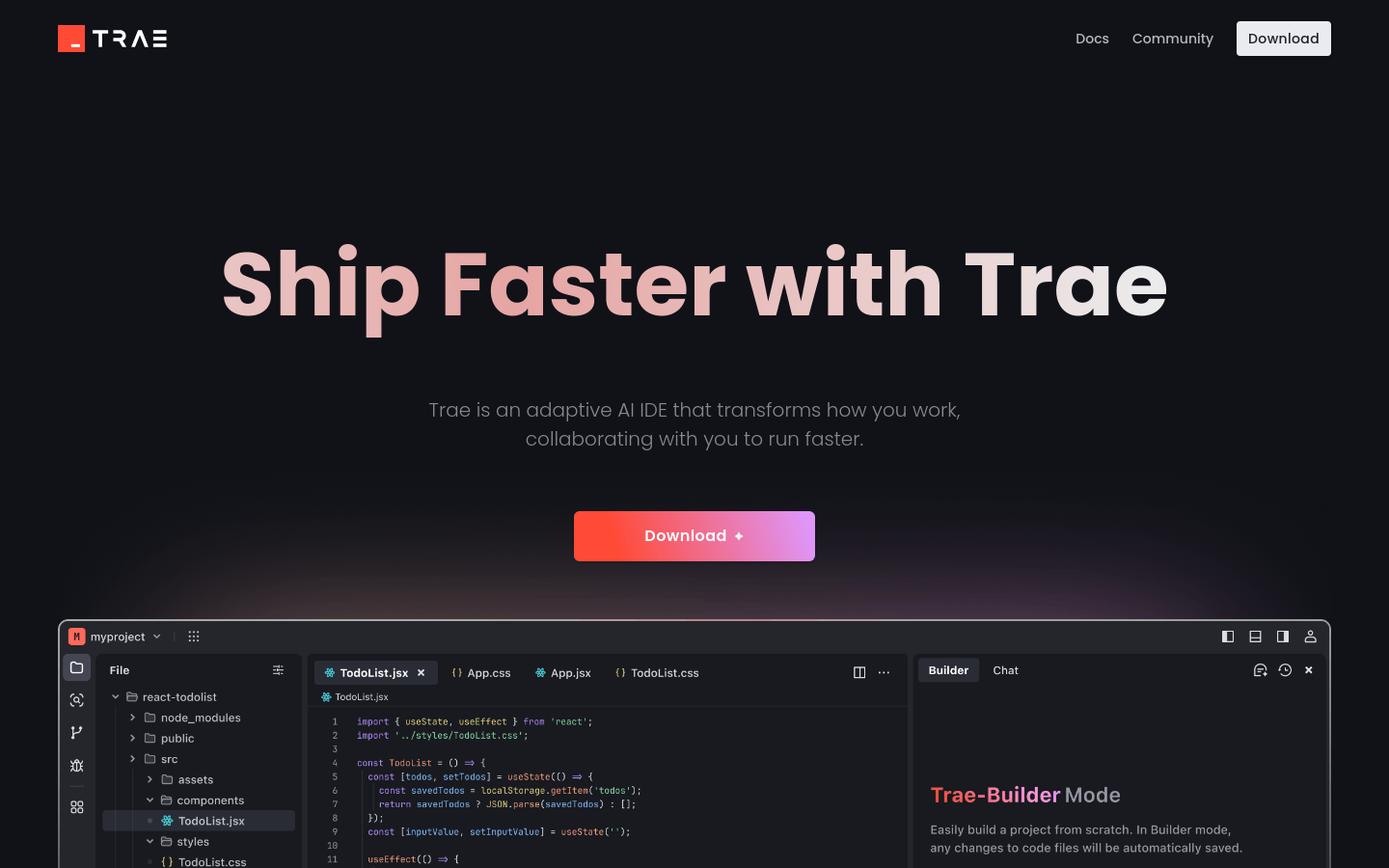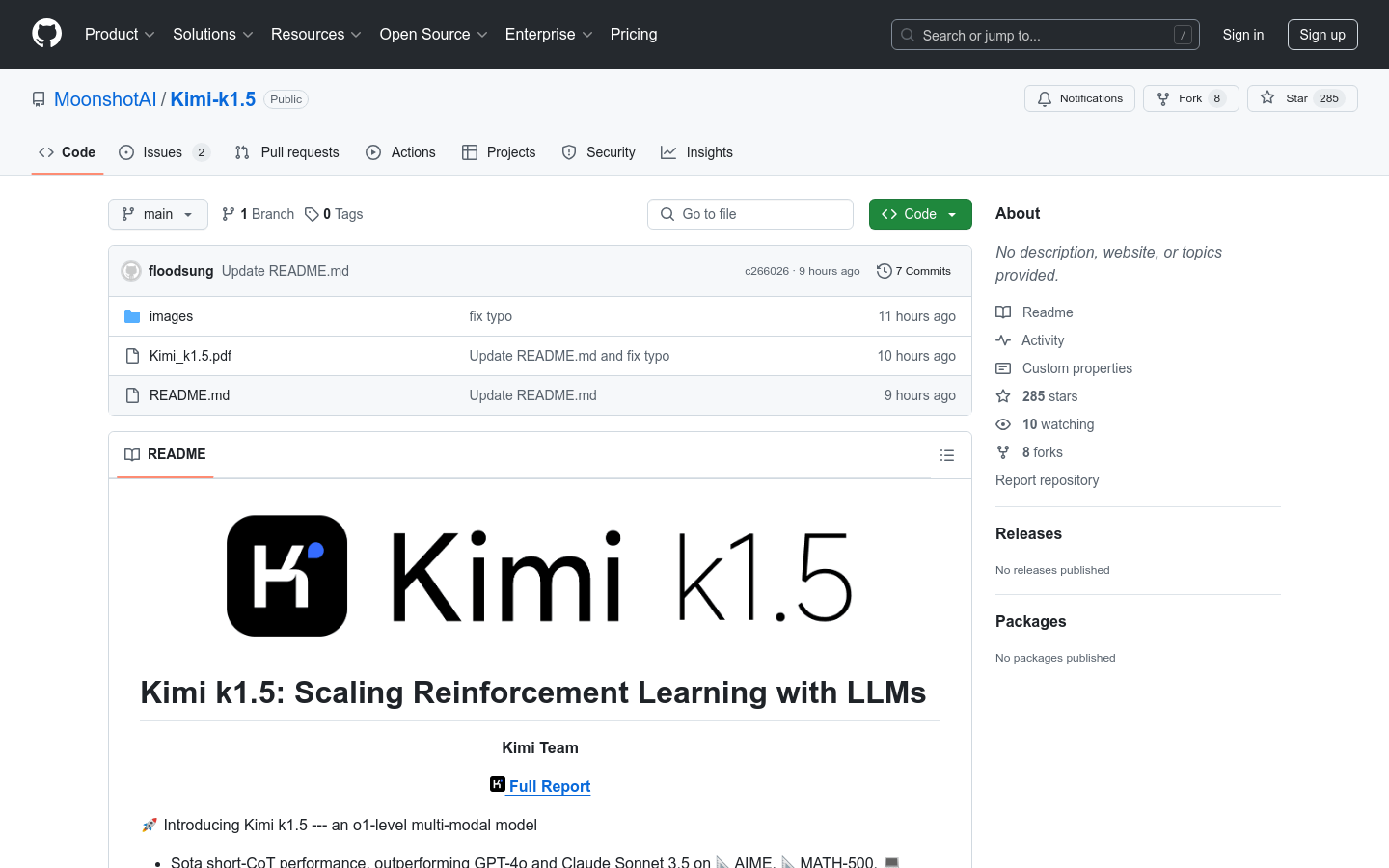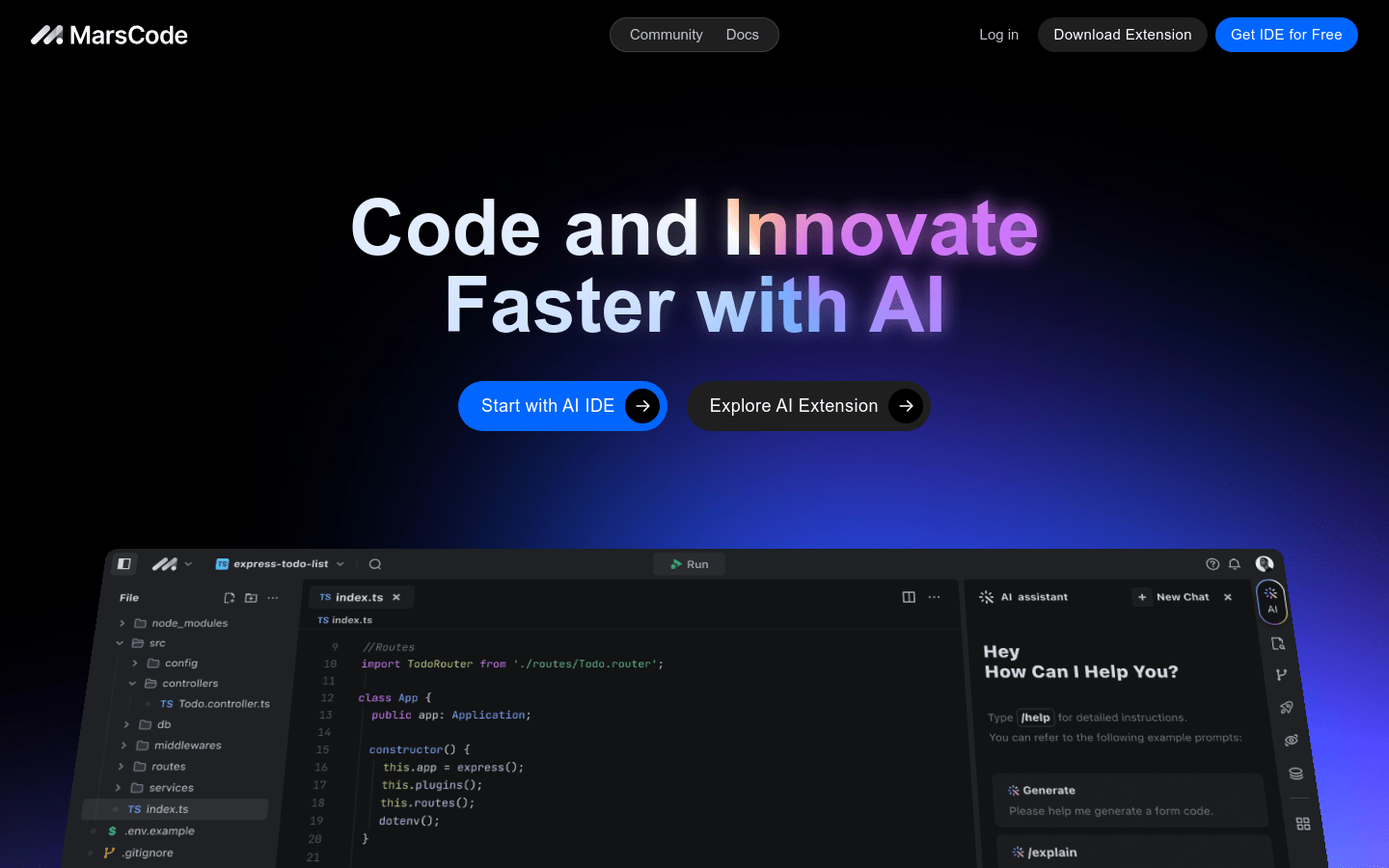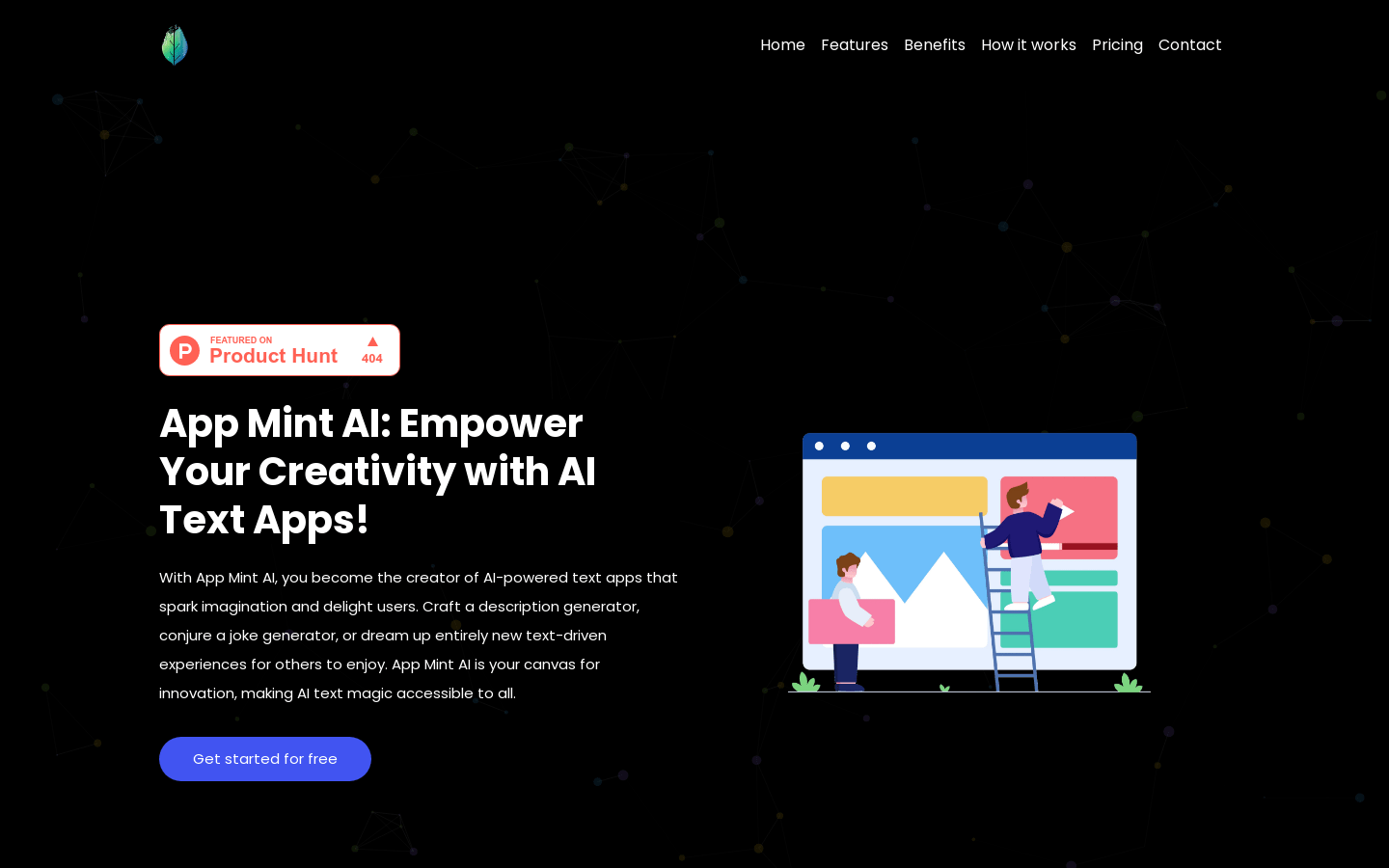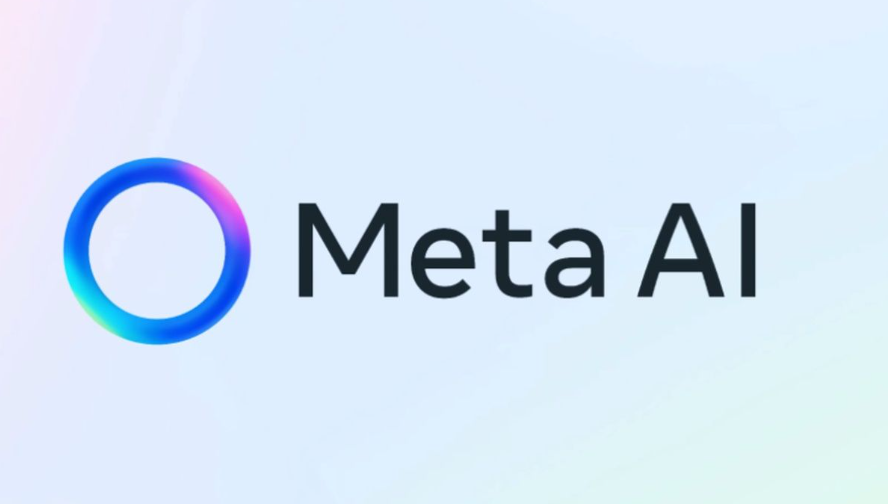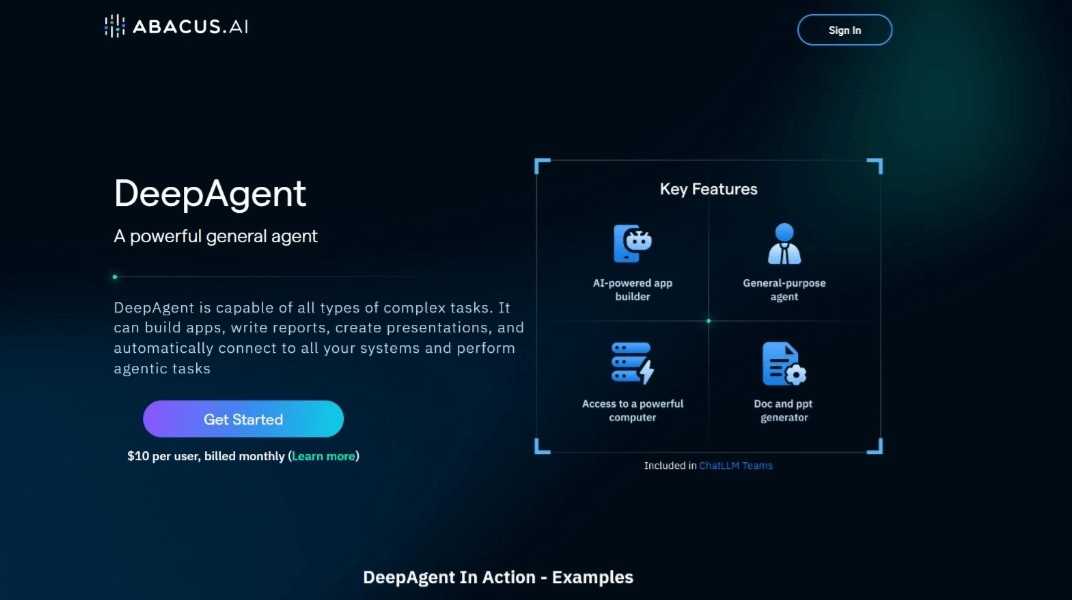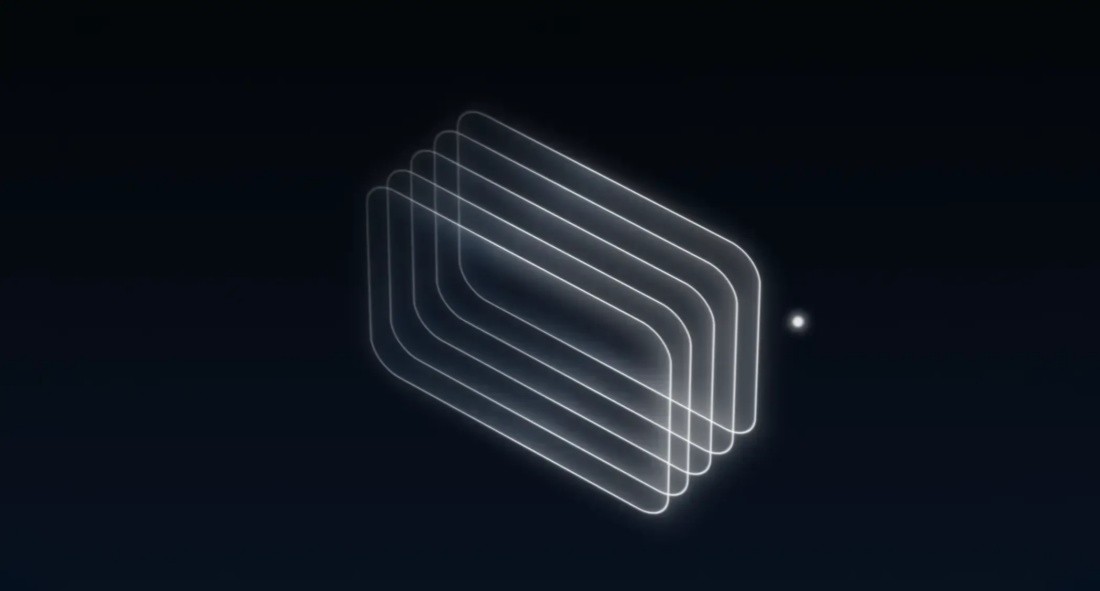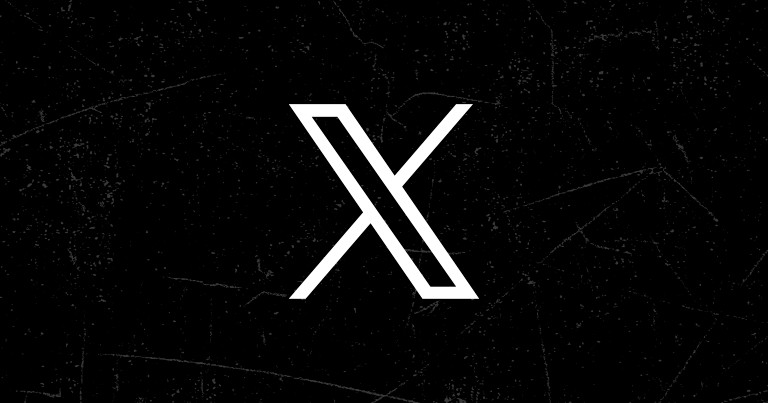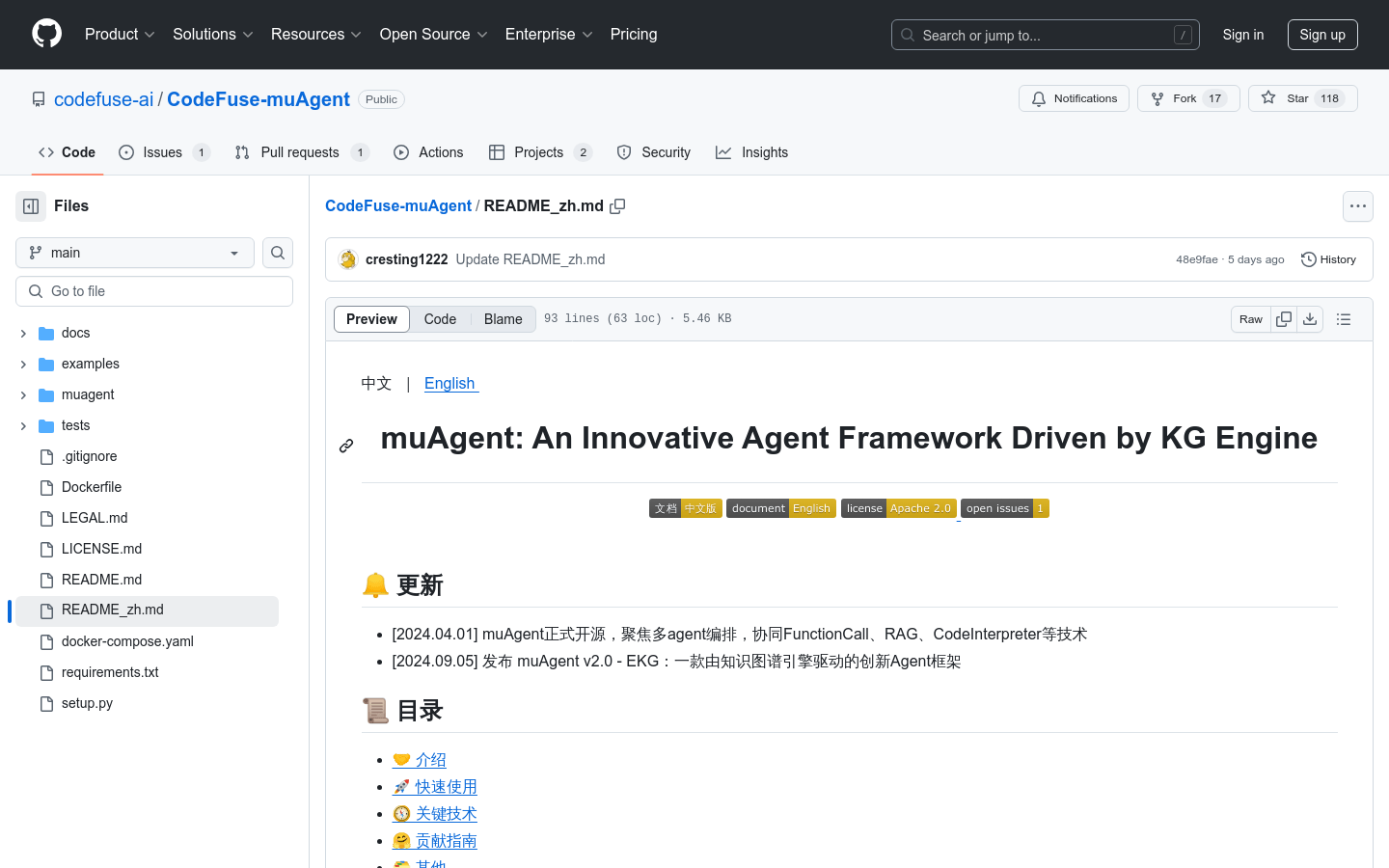
muAgent is an innovative Agent framework driven by a knowledge graph engine that supports multi-Agent orchestration and collaboration technology. It uses LLM+EKG (Eventic Knowledge Graph industry knowledge bearing) technology, combined with FunctionCall, CodeInterpreter, etc., to realize the automation of complex SOP processes through canvas drag and light text writing. muAgent is compatible with various Agent frameworks on the market and has core functions such as complex reasoning, online collaboration, manual interaction, and ready-to-use knowledge. This framework has been verified in multiple complex DevOps scenarios of Ant Group.
Demand group:
"The target audience is enterprises and developers who need to automate complex processes, especially those seeking innovative solutions in the fields of DevOps, automated testing, intelligent customer service, etc. muAgent is able to provide powerful automation through its multi-Agent orchestration and knowledge graph engine and intelligent support to help users improve efficiency and reduce manual intervention. "
Example of usage scenario:
In DevOps scenarios, muAgent can automate the deployment process and reduce human errors.
In automated testing, muAgent can coordinate multiple test agents to improve test coverage.
In the intelligent customer service system, muAgent can collaborate with multiple service agents to provide more comprehensive customer support.
Product features:
Multi-Agent orchestration: Supports multiple agents to work together to improve task processing efficiency.
Knowledge graph engine: Utilizes EKG technology to achieve structured storage and efficient retrieval of knowledge.
FunctionCall: allows the agent to call external functions and expand the scope of functions.
CodeInterpreter: supports intelligent agents to execute codes and implement complex logic.
Canvas-style drag and drop: Provides an intuitive interface to simplify the agent orchestration process.
Light text writing: Quickly configure agent behavior through simple text instructions.
Compatible with existing Agent frameworks: Seamlessly integrate existing technologies to reduce migration costs.
Complex reasoning and online collaboration: Support agents to perform complex logical reasoning and online collaboration.
Usage tutorial:
Step 1: Clone the muAgent project locally through the git command.
Step 2: Enter the project directory and prepare the running environment.
Step 3: Use docker-compose to start all container services and wait for the EKG base image to be built.
Step 4: Refer to the documentation and examples to configure the agent and functions.
Step 5: Use canvas drag and light text writing to arrange the behavior of the agent.
Step 6: Edit and debug the map to optimize the workflow of the agent.
Step 7: Deploy the agent to the actual application scenario and start the automation task.
